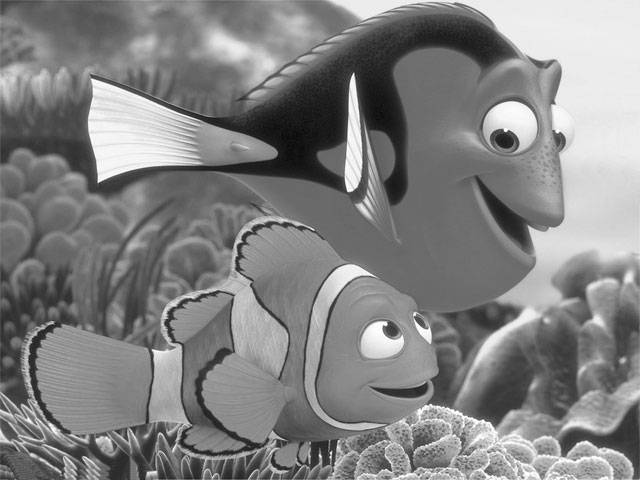BBC
Ottawa
African cichlid fish have a memory span of up to twelve days, a new study has shown. Researchers trained the fish to go to one end of a tank for food before they then rested them for 12 days. When the fish were returned to the tank they spent more time in the area they associated with being fed, suggesting they remembered their training. The fish were also able to replace a previously learnt memory trace with a new long-term memory.
The result of the study adds further evidence of the complex mental abilities of fish. Findings are being presented at the Society for Experimental Biology’s annual meeting.
African cichlids, Labidochromis caeruleus, are a popular fish for aquarium owners. The scientists from MacEwan University, Canada, decided to study them because they are reported to be intelligent fish, showing complex behaviour such as aggression. Lead scientist, Dr Trevor Hamilton, said: ‘There are many anecdotes about how smart these fish are. Some people even believe that their cichlids watch television with them.’
The research team trained the fish for three days in a tank. They placed computer screens at each end of the tank, one displayed vertical lines that moved up and the other lines that moved down. Food pellets were dropped into the water as a reward whenever the fish swam within 25cm (9.84in) of the end of the tank with the lines going up. The scientists then waited for 12 days before putting the fish back in the tank and recorded their movements with motion-tracking software.
They found the fish spent more time near to the ‘up’ end of the tank, rather than the ‘down’ end of the tank, suggesting that they remembered the association between that end and the food. The fish were also able to remember the location of the food when they were trained to associate it with the other end of the tank. Dr Hamilton said: ‘This is very exciting because it demonstrates that this species of cichlid is capable of forming a reinforcement-based association and holding it in memory for a long period of time.
‘Furthermore, this memory trace can be forgotten and replaced by a new long-term memory.’ Cichlids have a varied diet in the wild, eating snails, small fish, insects and plants and it is thought they learn to associate certain locations with their favourite foods. An ability which could be vital for survival. ‘Fish that remember where food is located have an evolutionary advantage over those that do not,’ Dr Hamilton added.
‘If they are able to remember that a certain area contains food without the threat of a predator, they will be able to go back to that area. ‘Decreases in the availability of food would promote the survival of species that can remember the location of food sources.’ The researchers are now looking at whether environmental conditions and drugs can affect the strength of fish memories.
Friday, April 19, 2024
Fish memory lasts for days, not seconds

Caption: Fish memory lasts for days, not seconds
Pak economy improving, funds will be provided on request: IMF
9:57 PM | April 19, 2024
Minister advocates for IT growth with public-private collaboration
9:57 PM | April 19, 2024
Judges' letter: IHC seeks suggestions from all judges
9:55 PM | April 19, 2024
Formula 1 returns to China for Round 5
9:05 PM | April 19, 2024
Germany head coach Julian Nagelsmann extends contract till 2026 World Cup
9:00 PM | April 19, 2024
A Tense Neighbourhood
April 19, 2024
Dubai Underwater
April 19, 2024
X Debate Continues
April 19, 2024
Hepatitis Challenge
April 18, 2024
IMF Predictions
April 18, 2024
Kite tragedy
April 19, 2024
Discipline dilemma
April 19, 2024
Urgent plea
April 19, 2024
Justice denied
April 18, 2024
AI dilemmas unveiled
April 18, 2024
ePaper - Nawaiwaqt
Advertisement
Nawaiwaqt Group | Copyright © 2024





